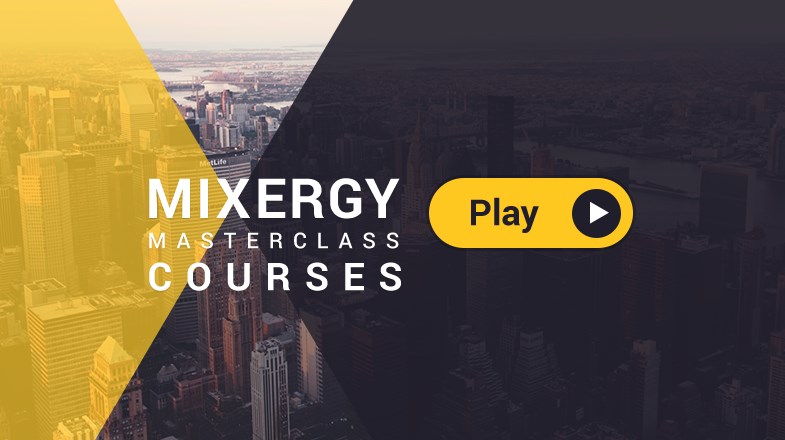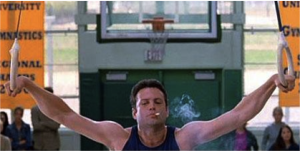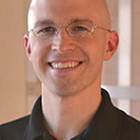How to learn anything

Josh Kaufman is the author of “The Personal MBA: Master the Art of Business.” The book that this conversation is based on, “The First 20 Hours: How to Learn Anything…Fast!”
Josh Kaufman spent years learning how to build websites.
“I had no idea where to start or what to do,” says Josh, author of The First 20 Hours: How to Learn Anything…Fast. “So, I did what a lot of people did. I fiddled around, and I fiddled and fiddled and fiddled.”
Now, more than a decade later, Josh can build a nice-looking site. But he says he didn’t need to spend 10 years learning how to do it.
“The vast majority of us learn [a new skill] the hard way,” he says. “We learn it the long way.” But research has shown that “there are things that you can do to learn in a much faster, much more efficient way,” says Josh.
So Josh tested this research on himself last year, learning how to play the ukulele, how to windsurf, how to program, how to do yoga, and how to play the most complex board game in the world. And in the process, he developed a method to learn anything as quickly as humanly possible.
In his Mixergy course, Josh shows you how to learn anything in 20 hours. Here are three highlights from the course.
1. Don’t Freak Out
 Acquiring a new skill is scary.
Acquiring a new skill is scary.
“It’s super intimidating,” says Josh. “You know, as a general rule, adult learners hate feeling stupid.” And “the biggest barrier to learning something new is overcoming that initial intimidation,” he says.
So how do you get some perspective?
Define success for yourself
Create your own definition of success.
“Defining the target performance level says, ‘Okay, I’m not trying to do everything that is ever going to be possible with this particular skill,’” says Josh. “‘I don’t have to learn everything at once. Here’s my target. I’m going to work towards it.’”
For instance, when Josh was learning how to play the ukulele, he chose to define success as being able to figure out how to play any song he picked up. “I didn’t have to be
able to perform flawlessly in a concert,” he says. “I just wanted to be able to pick up the instrument, find a song, and have a fighting chance of figuring out how to play it.”
2. Get Out of Research Mode
 Learning a new skill requires some research, but not as much as you might think.
Learning a new skill requires some research, but not as much as you might think.
In fact, Josh says that “research is a form of procrastination. So you don’t want to spend 10 of your 20 hours on this stuff.”
That’s the mistake Josh made when he was learning how to program. “I got 20 books on programming [and] I got five courses,” he says. “And I was thinking to myself, ‘I’m going to read all of these books, and I’m going to take all of these courses, and then I’m going to sit down and write a computer program.’ It was totally backwards.”
So how do you research the right way?
Research just enough to start
Spend one to two hours researching the most important things you need to know. “You want to get to the actual practice as quickly as possible,” says Josh.
To do that, find three to five solid how-to books on the subject, then quickly skim them, looking at the table of contents, headings, index, and briefly skimming the chapters. “Look at the concepts and ideas that come up over and over again,” he says.
For instance, when Josh decided to learn how to windsurf, he quickly browsed a few books to figure out what equipment he needed to buy. “I had a good working knowledge of what I needed and what I didn’t because I did a little bit of research [before I bought anything],” he says. “That helped a lot.”
3. Be in It to Win It
 At first, learning a new skill will not be fun.
At first, learning a new skill will not be fun.
“The first few hours of doing this, they’re going to suck, and they’re going to suck bad,” says Josh.
That’s about the time that most people give up. “They’re terrible or it’s not working or they don’t know what to do, and they get so frustrated and so upset with themselves that they stop doing it,” says Josh.
For instance, before Josh could even learn how to program, he had to spend five hours just installing the latest version of Ruby. “I hadn’t even got to the writing a program stuff yet, which is hard in its own right,” he says. “I was just getting to the point where I could start.”
And he could have given up then and there. “It would have been really easy to say, you know what, this is stupid,” he says. “It’s too hard. I’m just going to shove this in a corner and I’m going to go do something else.
So how do you keep learning even when you suck?
Make a commitment
Pre-commit to 20 hours of deliberate practice.
The first few hours are horrible, but “hours four to six are about the time where you start seeing improvements in your ability to actually do this thing,” says Josh. “So, pre-commitment is saying to yourself before you get started, ‘I am going to invest at least 20 hours of practice in this thing, or I’m not going to do it at all.’”
That way, you’ll practice long enough to see results. “When you start seeing results, you get that burst of internal motivation,” he says. “It’s like, ‘I can do this. There’s something that I couldn’t do. Now I can do it. This is awesome.’ And [then you] keep doing it.”
Written by April Dykman.
